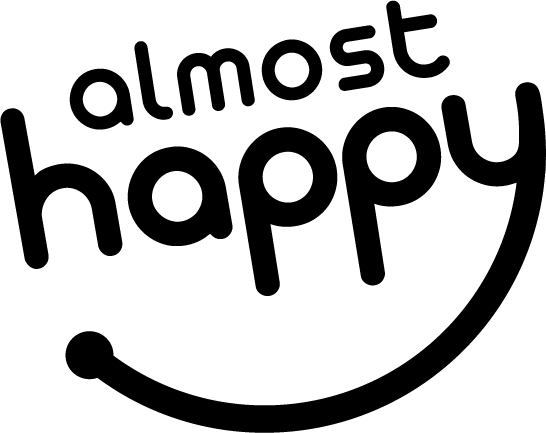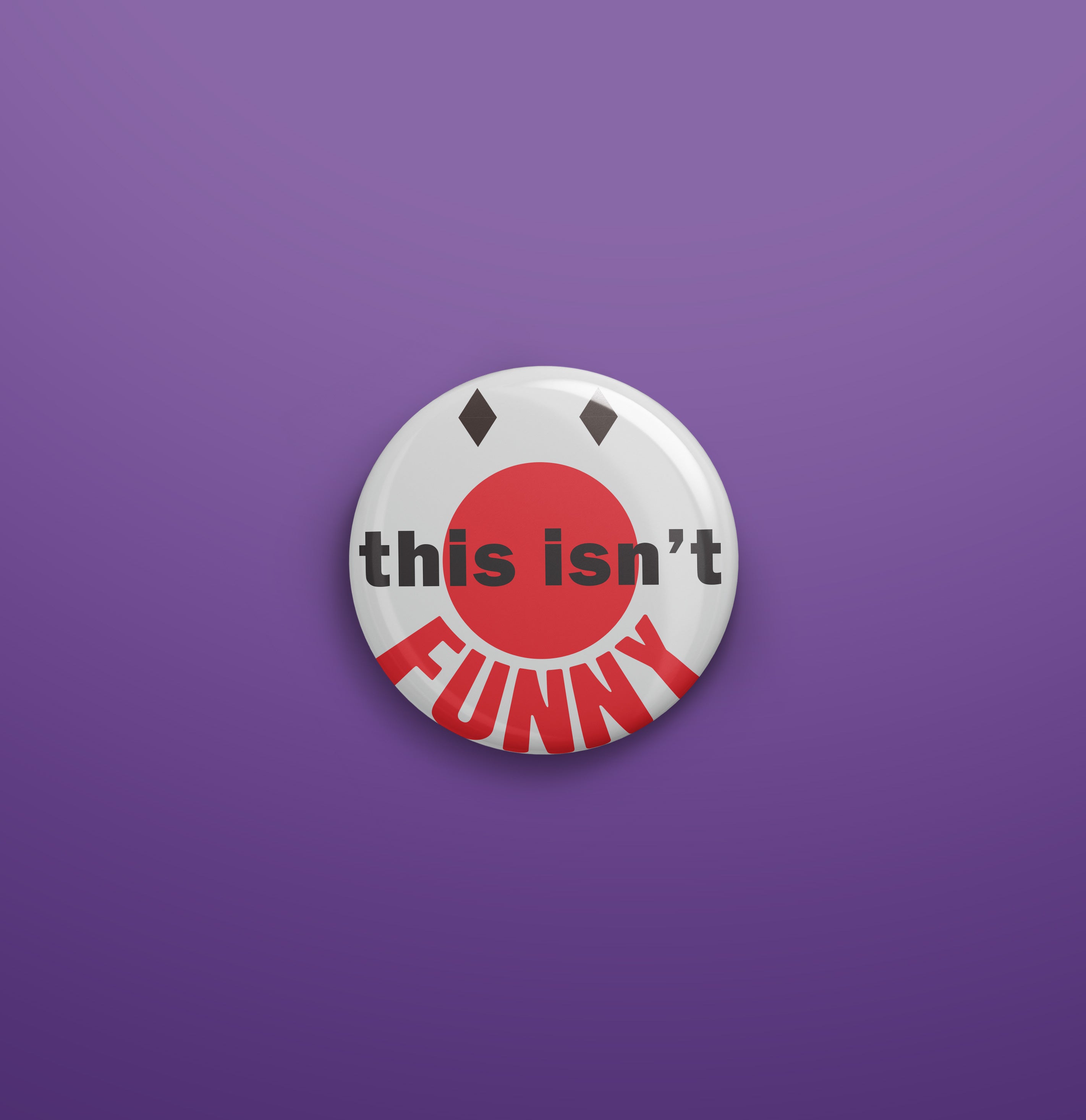The pandemic was no laughing matter. People lost their loved ones, people were left with long Covid and painful recovery, jobs were axed, education was interrupted and in some cases non-existent. The unwell were left waiting for operations, people got sicker and waiting times got longer. The very infrastructure of society was disrupted and turned upside down. No-one was immune from disappointments or suffering.
As an art therapist and psychotherapy supervisor I heard many disconcerting stories around people living in extremely cramped conditions, unable to sustain relationships; increases in alcohol and drug consumption; family fractures, disharmony and more.
How can we possibly recover? Returning to school and work and other healthier routines are obvious. Dieting and detox support to get back on track - a no-brainer. If you’re fortunate enough to be able to travel and get a change of scenery and climate, that can be very helpful although not always the answer. My general sense was that whether you were one of those who overworked during the pandemic or one of those who had a severely restricted lifestyle, was the overall failure of many to thrive. Generally those people who got through it did so through active creativity - finally writing their novel, baking bread, redecorating their homes, planting seeds - forging a new creative zest for life which was extremely helpful. Others survived by watching hours and hours of comedy online and on TV!
How can laughter help us recover from the pandemic? Research has shown that laughter has lots of proven health benefits. Dr. Brian Kaplan’s mnemonic is a useful summary of these benefits:
This research was developed by Dr. William F. Fry who spent decades at Stanford University documenting the benefits of laughter. He has deservedly been dubbed the ‘grandfather of gelotology’ – the scientific study of laughter.
Does anyone not feel better after a good belly laugh? Even something mildly amusing can lift the spirit. When we watch something funny take place the ‘funny’ is often incongruous and this is known in gelotology as the incongruity theory when what is expected is not what is delivered (Morreall, 2016). The shift in perception that takes place elicits a laugh and sometimes even a knowing groan.
We are usually amused by something that happens outside of oneself, from the visual of the clown slipping on the banana skin; to the situational comedy of Larry David who cannot curb his enthusiasm; to the word play of Steven Wright; to the dark observational comedy of Lenny Bruce. Watching comedy alone is good but for a super collective chuckle, nothing beats going to a fun comedy gig or the opening night of a new comedy film at the cinema when everyone laughs together. The group laughter has extra potency as it helps us connect with the humanity of others, our own sense of humour is validated and the shared laughter is akin to a warm affirming hug.
We can also be amused by our own fallability. It has long been advocated that it is healthy to laugh at yourself. Some psychological approaches in mental health are predicated on the idea that we have our ‘healthy parts’ and our ‘unhealthy parts’. Sometimes the ‘healthy mind’ is obscured or dominated by the ‘unhealthy mind’ and it can be a wrestle to encourage the part of you that is ok to assert itself and alleviate the struggles of the unhealthy preoccupations. But what if the healthy mind can be invigorated with humour, bolstering its resolve to get to grips with the anxiety, depression, stuckness? Even the clash and confusion of competing agendas in our own minds can be hilarious too. It is important to clarify we are not talking about split or multiple personality disorder which is a serious and complex condition but we refer to the notion of the different ‘parts’ of ourselves, also known as subselves. The aim in using humour is to harmonise these differing parts of our selves into a healthier symphony of subselves.
How do we do this? You are often aware of which parts of you are too dominant and sometimes these parts, like the hurt child or petulant teenager, or stubborn ox cause us misery in their overbearing presence. Can we just say yes to the mess? Instead of denying their existence, we can be entertained by these very subselves, and the self-limiting beliefs they espouse. What we can do is to name these different parts with an amusing moniker, so that when we hear and feel this subself talk, we can quieten it down by labelling it. Ah, this is the subself that is often playing the blame game – I’ll call her Li’l Mary quite contrary; this is the part that is convinced they are always right – I’ll call him the Know-all, and so on. By tagging these domineering subselves in a funny way, it can help us recognise the funny side of how the unhealthier parts of ourselves are blocking our chances of happiness, offering more determination to quell their influence. When we can laugh at our own fallibilities, we have a chance of loosening their sway over us leading to the laughter of liberation.
As we identify our own subselves and learn to be amused by them, we can often recognise these archetypes when they are played out in others. Thus we can feel less alone as we can be pretty sure that other people have their own collection of subselves too. So when we laugh at our selves, we are in essence sharing a joke with thousands of people from the past, present and future. Having a good laugh at your sabotaging subselves is an important component for good mental health and recovery. As Oscar Wilde said ‘Life is far too important a thing ever to talk seriously about it.’
Hephzibah Kaplan
https://the-breakdown.co.uk/how-laughter-can-help-us-recover-from-the-pandemic/
24 February 2022


